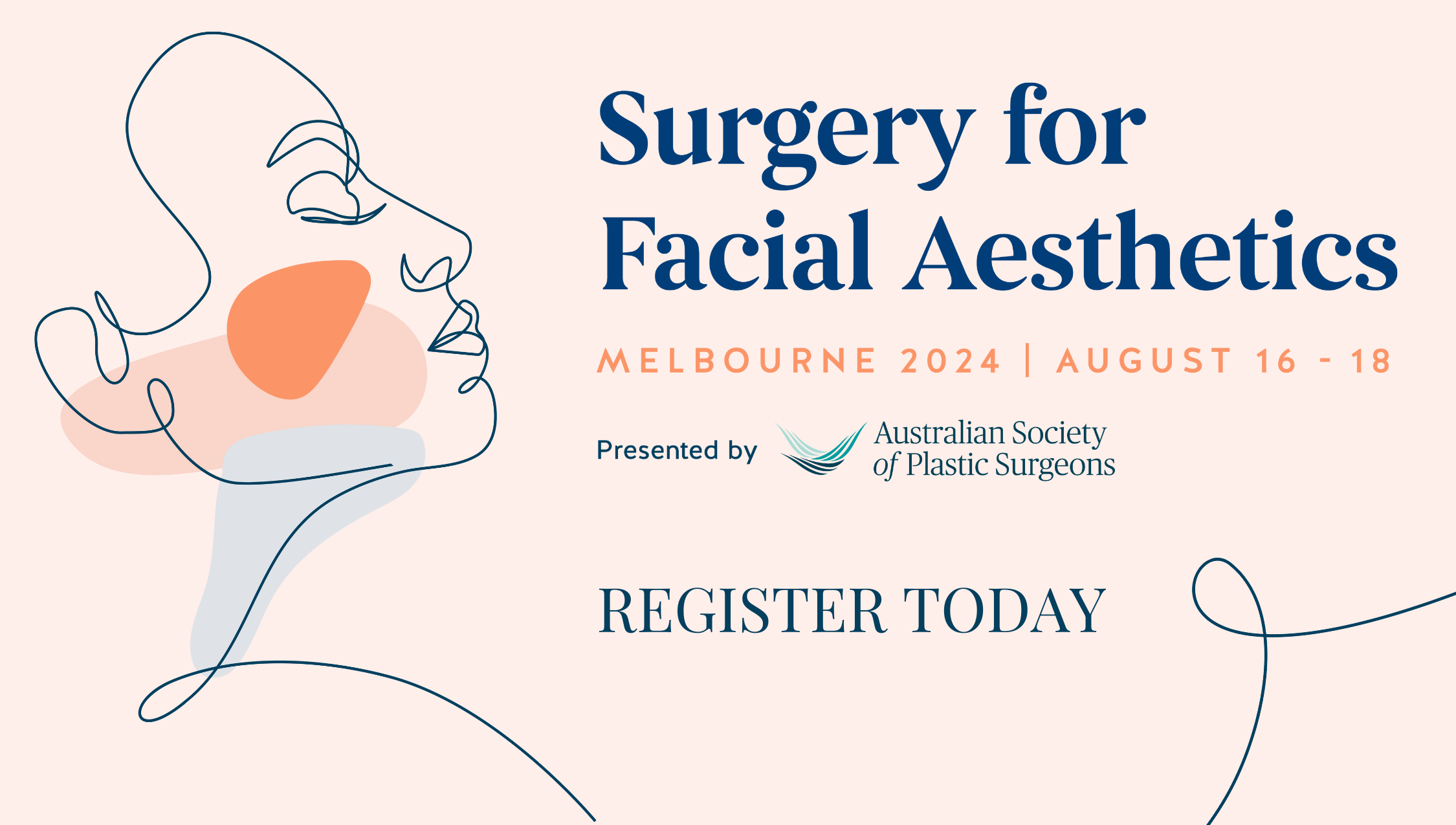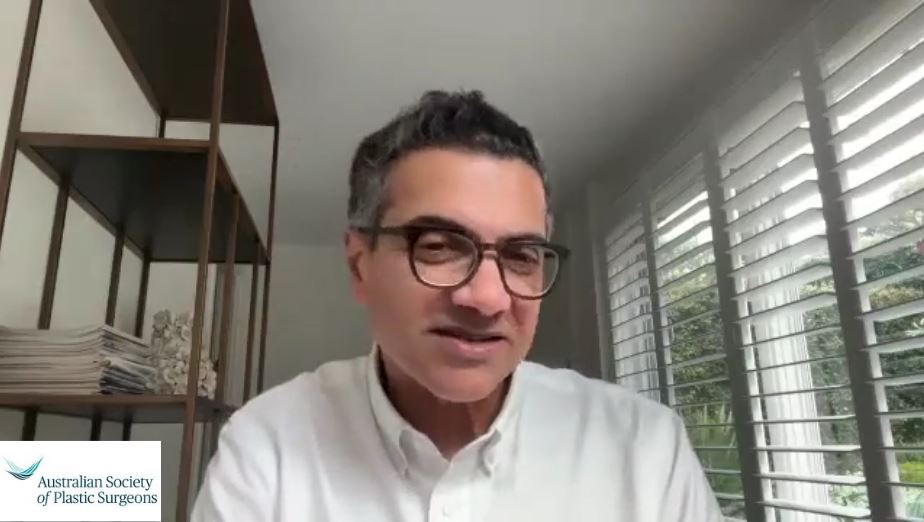Procedures
Chin Surgery
- About Your Specialist Plastic Surgeon
- Cosmetic
- Non-surgical Procedures
- Plastic Surgery Glossary
- Questions for Your Surgeon
- Reconstructive
- Surgical Procedures
- Abdominoplasty (Cosmetic)
- Abdominoplasty (muscle repair postpartum)
- Arm Lift
- Body Contouring
- Body Lift
- Breast Asymmetry Correction
- Breast Augmentation (Implants)
- Breast Implants with Lift
- Breast Lift
- Breast Reconstruction
- Breast Reduction
- Brow Lift
- Burns and Scarring
- Buttocks Lift
- Chest Surgery
- Chin Surgery
- Cleft Lip & Palate
- Ear Surgery
- Eyelid Reduction Surgery
- Facelift Surgery
- Facial Implants
- Facial Procedures
- Fat injection
- Genital Reconfiguration Surgery
- Gynaecomastia (Male Breast Reduction)
- Hair Replacement Surgery
- Hand Surgery
- Labiaplasty
- Liposuction
- Nipple Enhancement for Inverted Nipples
- Nose Surgery
- Scar Revision
- Skin Cancer
- Thigh Lift
- Tissue Expansion
- Voice Surgery
Chin Surgery

Any surgical or invasive procedure carries risks. Before proceeding, you should seek a second opinion from an appropriately qualified health practitioner.
Chin surgery, also known as mentoplasty, is designed to reshape the chin. It is performed to either enhance the chin with an implant, or reduce its size with surgery on the bone. Occasionally, surgery to the chin bone is used to enlarge the area instead of using an implant. Sometimes, a Specialist Plastic Surgeon will recommend chin surgery to a patient having nose surgery in order to achieve facial proportion, as the size of the chin may magnify or minimise the perceived size of the nose.
Chin surgery helps provide a harmonious balance to facial features by enhancing facial contours. For patients who feel that their chin is too small, an implant is inserted to enhance the size and shape of the chin. Implants may be made of human tissue or synthetic materials such as silicone or polythene. For patients who feel their chin is too large, surgery is performed on the bone to reshape and resize the chin.
Chin surgery is a highly individualised procedure and may not be suitable for everyone. Always talk to your Specialist Plastic Surgeon before making a decision. Your surgeon will assess your condition and general health, and plan the treatment that is best suited to you.
Before you decide on chin surgery, there are some important issues to keep in mind:
- Some chin implants are made from silicone. While currently there is no clear scientific evidence that silicone is a harmful substance, concerns have been raised about the safety of silicone implants
- Smokers are at increased risk of complications. If you are serious about undergoing cosmetic surgery, you should quit smoking
Chin surgery may not be a good option for you if you are:
- Not able to have an anaesthetic
- Prone to bleeding tendencies or have poor healing ability
- Too high risk of having surgical complications
Chin surgery may be a good option for you if:
- You are physically healthy and you do not have medical conditions that can impair healing or increase risk of surgery
- You have realistic expectations of what chin surgery can accomplish
- You are a non-smoker or have stopped smoking
Chin surgery can be performed under general anaesthesia or local anaesthesia with sedation.
Modern anaesthesia is safe and effective, but does have some risks. Ask your Specialist Plastic Surgeon and anaesthetist for more information. Your surgeon and/or anaesthetist will ask you about all the medications you are taking or have taken, and any allergies you may have. Make sure you have an up to date list before the surgery.
Modern surgery is generally safe but does have the potential for risks and complications to occur.
Some general risks and complications of surgery may include:
- Heavy bleeding from an operated site
- Infection that may require treatment with antibiotics or further surgery in some cases
- Allergic reaction to sutures, dressings or antiseptic solutions
- The formation of a large blood clot (haematoma) beneath an incision site that may require drainage
- Pain, bruising and swelling around the operated site(s)
- Keloids and hypertrophic scars that are raised, red and thickened scars. These are scars that may form over the healed incisions. They may be itchy, annoying and unsightly but are not a threat to health. Scars from chin surgery are usually inside the mouth. Check with your surgeon
- Temporary or permanent areas of numbness
- Difficulty talking or smiling for several weeks
- Movement of the implant, which will require further surgery
- Slow healing, often related to smoking or diabetes
- Short-term nausea following general anaesthesia and other risks related to anaesthesia
- Further surgery to treat complications
- Blood clots that may cause potentially fatal cardiovascular complications such as heart attack, deep vein thrombosis or stroke
Depending upon your general health and the extent of the procedure, chin surgery can be performed either as a day case or alternatively with a short hospital stay. Your Specialist Plastic Surgeon will advise on the best option for you.
Before undergoing chin surgery, it is important that you:
- Be as fit as possible to help the recovery process
- Check with your surgeon about your medications as some may need to be stopped
- Stop smoking
You will also be asked to provide a complete medical history for your Specialist Plastic Surgeon including any health problems you have had, any medication you are taking or have taken, and any allergies you may have.
You may be advised to stop taking certain medicines such as non-steroidal anti-inflammatory drugs (NSAIDs), aspirin, and medicines that contain aspirin. You may also be asked to stop taking naturopathic substances such as garlic, ginkgo, ginseng and St John’s Wort as they may affect clotting and anaesthesia. Always tell your surgeon EVERYTHING you are taking.
You may be given medicines to take before the surgery, such as antibiotics.
Unless your surgeon advises differently, you will be able to continue taking most medicines that you have been taking.
Your surgeon will also advise you if any other tests are required, such as blood tests, X-ray examinations or an Electrocardiograph (ECG) to assess your heart.
Prepare a “recovery area” in your home. This may include pillows, ice packs, a thermometer and a telephone within easy reach. Make sure you arrange for a relative or friend to drive you to and from the hospital or clinic. Someone should also stay with you for at least 24 hours after you return home.
Your surgeon should give detailed preoperative instructions. Follow them carefully.
Arrange for a relative or friend to drive you home after the surgery. Someone should also stay with you for at least the first day after the operation and preferably for a few days.
If you experience any of the following symptoms, notify your surgeon immediate:
- Temperature higher than 38°C or chills
- Heavy bleeding from the incisions
- Worsening redness around the incision sites
- Increasing pain or tenderness, or other problems that appear to be worsening
After surgery, you may have some pain and discomfort, particularly around the incisions. Your Specialist Plastic Surgeon will prescribe pain medication as required.
In some cases, a small, thin tube may be temporarily placed under the skin to drain any excess blood or fluid that may collect.
Some bruising and swelling is normal, and may take up to a few weeks to disappear. Sleeping with your head elevated will help to reduce the swelling.
Depending on the extent of your procedure, you may need to take a few weeks off work to rest. Avoid heavy lifting, strenuous exercise, swimming and strenuous sports until advised by your surgeon.
Your surgeon will give you specific instructions on post-operative care. These instructions may include:
- How to care for your surgical site(s) following surgery
- Medications to apply or take orally to aid healing and reduce the risk of infection
- Specific concerns to look for at the surgical site(s) or in your general health
- When to follow-up with your surgeon
Be sure to ask your surgeon specific questions about what you can expect during your individual recovery period, such as:
- Where will I be taken after my surgery is complete?
- What medication will I be given or prescribed after surgery?
- Will I have dressings/bandages after surgery? If so, when will they be removed?
- Are stitches removed? When will they be removed?
- When can I resume normal activity and exercise?
- When do I return for follow-up care?
Scars are an inevitable part of any invasive surgery. Your Specialist Plastic Surgeon will endeavour to minimise scarring and to keep your scars as inconspicuous as possible by locating the incisions in easily hidden sites. That way, scars will be along natural skin lines and creases. Scars may fade with time and become barely noticeable. If you are prone to scarring, you should advise your surgeon.
As with all surgical procedures, revisional surgery may be necessary to correct minor irregularities.
Cost is always a consideration in elective surgery. Prices for a tummy tuck can vary widely between Specialist Plastic Surgeons. Some factors that may influence the cost include the surgeon’s experience, the type of procedure used and the geographic location of the office.
Costs associated with the procedure may include:
- Surgeon’s fee
- Hospital or surgical facility costs
- Anaesthesia fees
- Prescriptions for medication
- Post-surgery garments
- Medical tests
Your surgeon should welcome any questions you may have regarding fees.
- General anaesthesia: Drugs and/or gases used during an operation to relieve pain and alter consciousness
- Hematoma: Blood pooling beneath the skin
- Intravenous sedation: Sedatives administered by injection into a vein to achieve relaxation.
- Local anaesthesia: A drug injected directly to the site of an incision during an operation to relieve pain
- Mentoplasty: A surgical procedure designed to reshape the chin
Visit the Plastic Surgery Glossary
for more medical terms.
This website is intended to provide you with general information only. This information is not a substitute for advice from your Specialist Plastic Surgeon and does not contain all the known facts about this procedure or every possible side effect of surgery. It is important that you speak to your surgeon before deciding to undergo surgery. If you are not sure about the benefits, risks and limitations of treatment, or anything else relating to your procedure, ask your surgeon to explain. Patient information provided as part of this website is evidence-based, and sourced from a range of reputable information providers including the American Society of Plastic Surgeons, Better Health Channel and Mi-tec medical publishing.
Featured Stories

AJOPS Blog: Exploring rural and regional issues
Providing plastic surgery services in rural and regional areas of…
Continue reading
